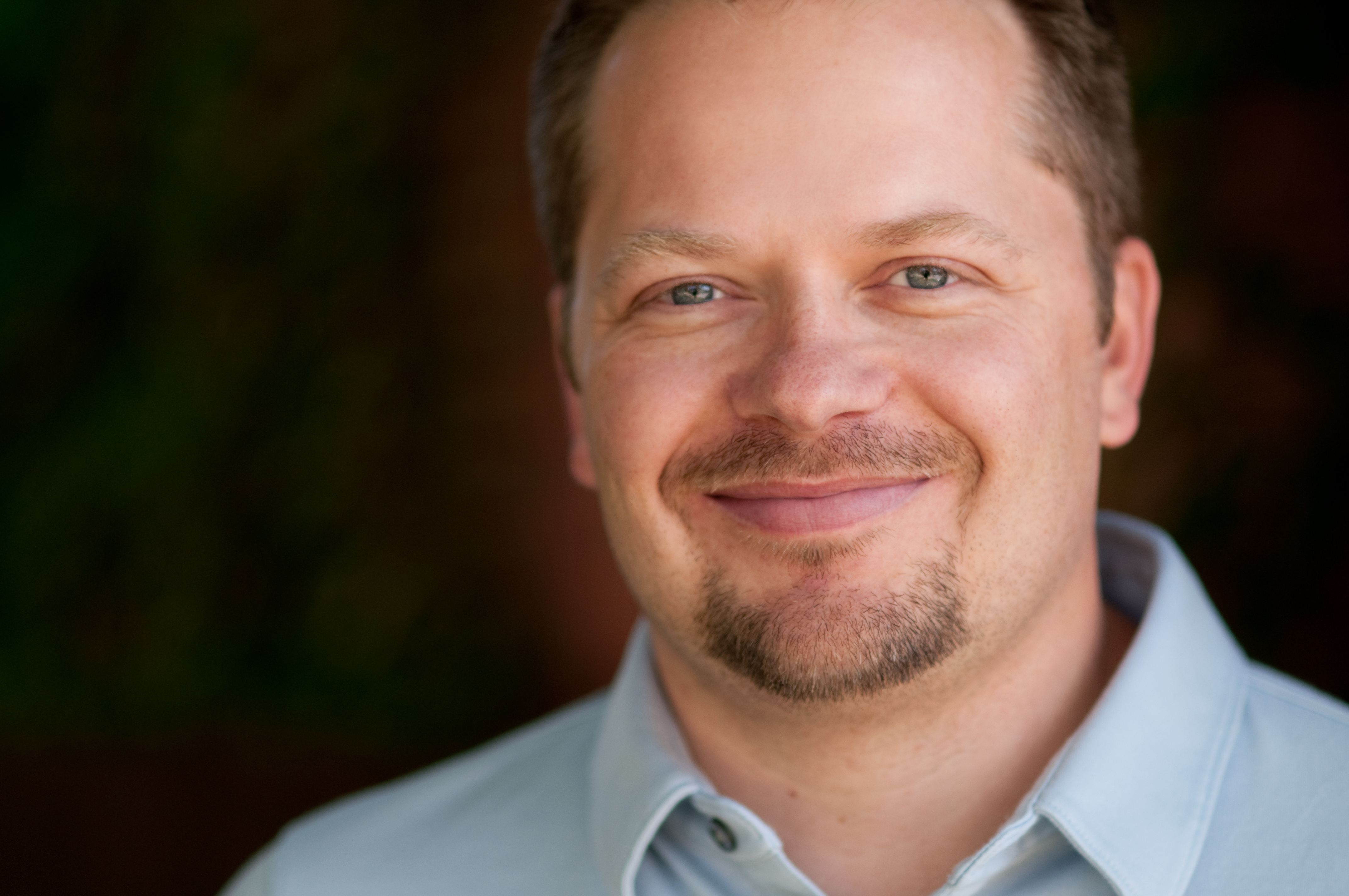In this article, we pick up our series on self care with the topic of emotional health. Previously, I wrote about spiritual self care and physical self care. While we often have the ability to choose what kind of attitude we approach life with, we do not always have the ability to choose our feelings. That said, we need not be tossed around by our emotions either. Emotions have their appropriate place and must be managed accordingly. Otherwise, we can find ourselves turning to addiction to make ourselves feel better.
Emotions are bad?
We often treat the “non-feel good” emotions like they are bad. Rather than facing our feelings head on and letting them lead us to an appropriate response, we stuff our feelings, or we allow them to take over our lives. Either extreme can lead us to addictive behaviors that we use to cope with the damage caused to ourselves and others. Our emotions tell us something about ourselves and should not be ignored.
Throughout my life, I have stuffed my feelings. This is for a variety of reasons, but the biggest one for me is that I want to be the “nice guy.” I learned this pretty early on in life. As a young boy, I was teased a lot, mostly by other boys my age. Through this, I discovered that when at all possible, I should be invisible to those around me. When being invisible wasn’t an option, I should be very nice or funny. I couldn’t be honest about my feelings, because I might be rejected again.
This meant that expressing my emotions was out of the question. I adopted a method of relating to other people where I made it clear up front that I was worthless and not worth paying attention to. I did this through self deprecating comments and jokes about myself. It was how I survived.
Now, as an adult I am more able to take care of myself when conflict arises. And yet, I still find myself using this style of relating with people. Particularly in new relationships, I find myself leading off with the same self deprecating types of jokes that I learned how to use as a little boy. And, it actually works! For everyone but me, that is. My new “friend” really likes me and thinks that I am funny. I feel “less than” and weak and unknown, because I haven’t been honest with my feelings.
Being authentic and known
There is a cost to not being authentic in relationship. Resentment can build, because no one seems to care about what I really want or need. The important people in my life do not understand or even realize that I need something different than I have indicated. Why would they? From their perspective, I am the easy going, nice guy who never has an opinion or a feeling about anything.
People handle emotions in different ways, oftentimes choosing to ignore them. When left unchecked, these un-dealt with feelings can erupt in many different ways. For example, when we repress anger, it tends to come exploding out at the most inopportune times. We get furious with a clerk in the grocery store for making a simple mistake, when we are really angry with our husband or wife, our children, and our boss. Or, someone pulls in front of us on the highway, and we vent a year’s worth of anger at them.
Unexpressed emotion and addiction
We also cope with unexpressed emotion through addiction. Legitimate anger is stuffed inside, which then can turn into self-hatred or entitlement. “I should be treated badly, because I am not worth much anyway,” or “I deserve to be cared for, so I guess I’ll have to take care of my own needs.” We turn to our addictions, because they help us believe our self hating thoughts and reinforce our beliefs about what we are entitled to. Addiction creates a barrier in our relationships. This barrier protects us from the pain of rejection, but we are dying alone in our small world of self medication and obsession.
Over-expressed emotions
The flip-side of under-expressed emotion is over-expressed emotion. Oftentimes a person will express every random thought or emotion that comes to mind, without filtering what may be helpful or important based upon timing or the depth of the relationship. An example of this is a person who shares too much too soon in a new relationship. An attraction to someone is expressed too soon, short circuiting the natural development of the relationship. Or, someone who reminds you of a past relationship gets a whole heap of emotions (positive or negative) dumped on them, because you are processing the old and the new relationships at the same time. This can be overwhelming.
When we are dealing with over-expressed emotions, we can find ourselves turning to addictive behaviors out of loneliness and feelings of rejection. We have driven people away and don’t understand why. We feel misunderstood and abandoned. We have shared too much, and we cannot take back what we have said. We have effectively isolated ourselves by becoming lost in our emotions.
Looking for help
If you find yourself under-expressing or over-expressing emotions, my best advice is to find someone else to process your feelings with, so you can discuss how you feel in relationship that will not be impacted negatively and can remain clean. A support group, friends, or a therapist should be able to provide you with honest feedback and help you get outside of yourself enough to bring clarity.
Of all three topics I have covered in this series (spiritual, physical, and emotional self care), emotional self care is the most difficult to face. There is risk involved in speaking your mind and expressing your emotions, particularly in those relationships in which the other person does not know the “real” you. Being an authentic, transparent person is essential to overcoming addiction.
I challenge you to let the men and women in your life see who you really are. God made you unique, and you are worth being known. I believe when the emotional “pressure” is reduced, the intense pull of addiction will be reduced. I pray that God will guide you in your relationships and in your efforts to take care of yourself.

Roger Jones
Executive Director
In the spring of 1995, the conflict Roger felt between his faith and his sexuality, as well as an addiction to pornography, led him to WGA. His personal journey has provided him unique insights into sexuality and the pain of adversity, which he shares through his testimony, facilitation of small groups, writing and public speaking.
Roger began working with WGA in October of 1996 as the Assistant office Manager. Since that time, he has worn many hats and served in several different positions, including Assistant Program Director and Operations Director. In April of 2007, Roger assumed the position of Executive Director.
Roger attended West Texas A&M University, where he studied Music Business. Much of his training has been “on the job,” where he was mentored by the ministry’s Founder, Mary Heathman, and the Program Director, Scott Kingry. He holds a BA from West Texas A&M University.
Roger, his wife Jill, and their daughter Julia and son William, attend Celebration Community Church where Jill serves as Associate Pastor.

